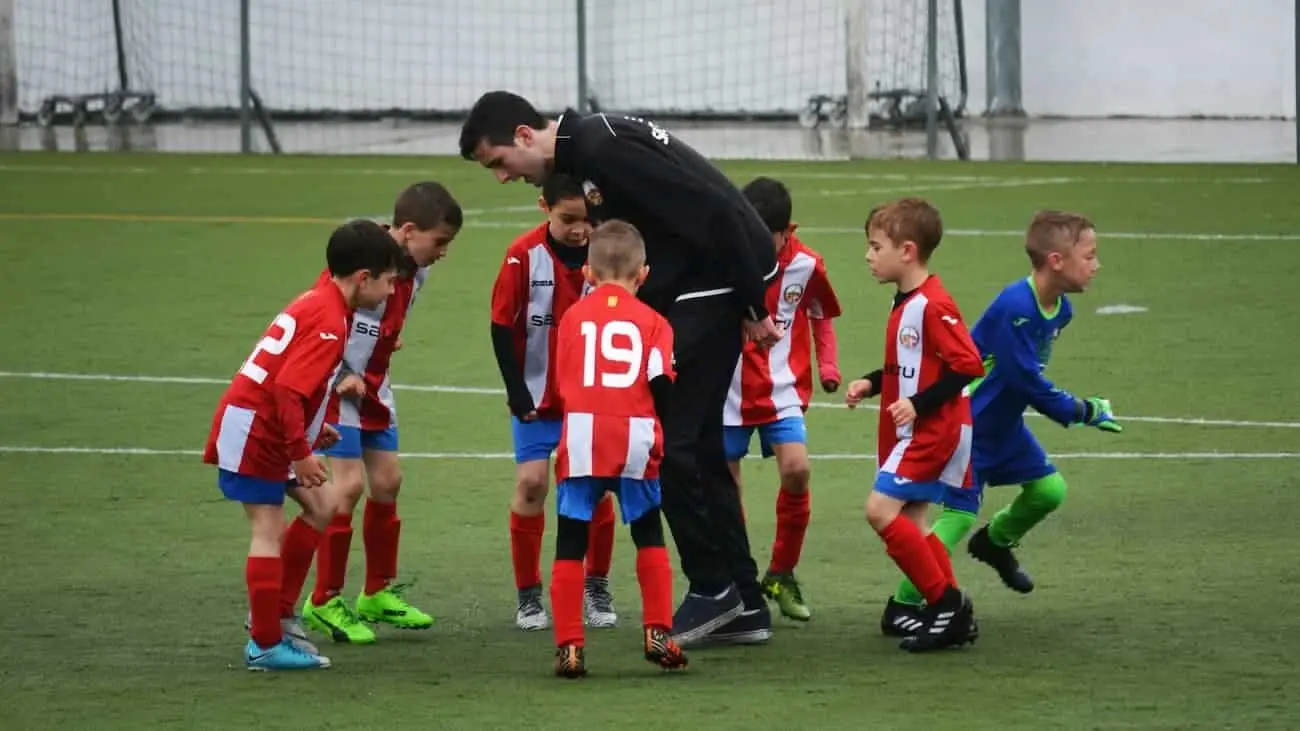THE NEW KIDS' FOOTBALL
Thiago Calderaro
Kids football is facing a significant transformation that will be implemented across Germany from the 2024/25 season. This development is the result of a comprehensive reform aimed at creating a more inclusive, child-friendly, and developmental environment. At the heart of the reform are new forms of play, especially funino, as well as a redesign that replaces the classic league mode with individual tournament days, called kids' festivals.
Introduction to Funino and New Forms of Play
Funino, a form of play developed by Horst Wein, characterised by two-on-two or three-on-three games on four mini-goals, is a central component of the new child football reform. This form of play, which has already been implemented in some regional associations, allows for a significantly higher number of ball contacts and successful experiences for the children. Funino not only promotes individual technical development but also the tactical understanding of young players.
Tournament Mode and Funino Festivals
The reformed kids' football places great emphasis on a tournament mode, which is conducted in the form of afternoon games or festivals. These event formats aim to give children more playtime and the opportunity to play football in a less competitive environment. Funino festivals offer a platform where every child, regardless of their abilities, can gain important match practice and celebrate personal successes.
Gradual Transition and Coaches' Role
An important aspect of the reform is the gradual transition from the new forms of play to more traditional football formats, allowing children to grow with the game's requirements. At the same time, a realignment of the coaches' role is sought. They are encouraged to take a more reserved role, allowing children to make their own decisions and focusing on learning through play.
Challenges and Opportunities
The implementation of the child football reform brings both challenges and opportunities. Challenges include organisational and financial aspects, such as the procurement of the required mini-goals and the conduct of the festivals. Despite the lack of direct financial support from the DFB, creative solutions and support from the regional associations are expected to make successful implementation possible.
Conclusion
The reform of child football in Germany marks a significant step towards a playful, inclusive, and developmental approach in youth football. By introducing Funino, an adapted mode of play, and a new role for coaches, an environment is created where every child can discover the joy of football and develop their skills comprehensively. The implementation of this reform promises to sustainably change the landscape of child football and lays the foundation for the next generation of football talents.
Sources
1. https://www.dfb.de/news/detail/faq-alles-zu-den-neuen-spielformen-im-kinderfussball-236371/
2. https://www.bfv.de/news/nachwuchs/2023/09/kinderfussball-das-sind-die-grossten-irrtumer
3. https://www.zeit.de/sport/2023-09/kinderfussball-reform-dfb-spielformen
Continue Reading
This might also interest you:







